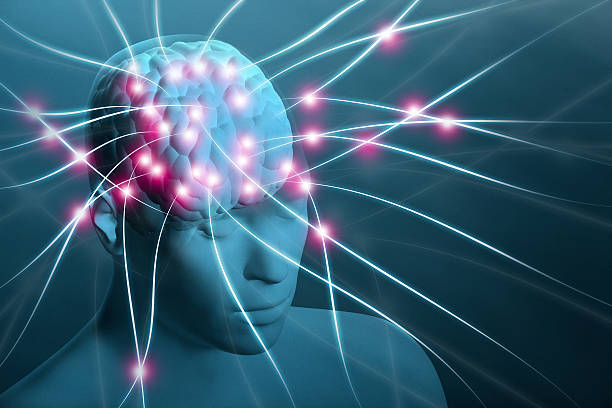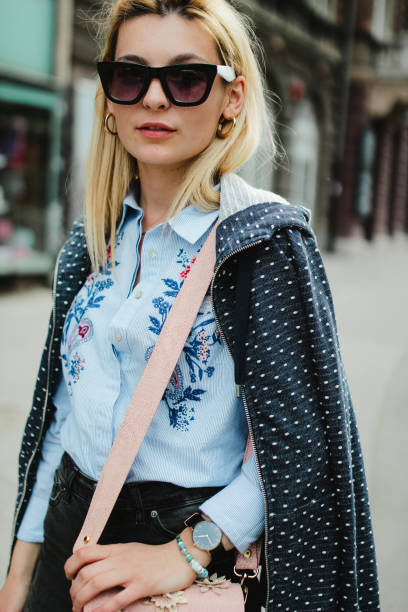Reimagining Beauty and Fitness through the Lens of Cognitive Neuroscience
From the ancient Greeks' idealization of athletic physiques to our modern-day obsession with "beach body" culture, the pursuit of beauty and fitness has always been a fundamental part of human society. Yet, as we continue to evolve, so too does our understanding of what these concepts truly mean. In recent years, cognitive neuroscience—the study of how our brain influences our behaviors, thoughts, and feelings—has emerged as a revolutionary lens through which to reimagine our approach to beauty and fitness.

The Convergence of Cognitive Neuroscience and Beauty and Fitness
The relationship between the brain and our perception of beauty and fitness is complex and multifaceted. From a cognitive neuroscience perspective, beauty is not just a subjective quality—it is a cognitive process influenced by neural activity, personal experiences, and cultural norms. Similarly, fitness is not merely about physical strength or endurance; it’s about enhancing brain function, improving mental health, and fostering a sense of well-being.
Cognitive neuroscience research has shown that our brain’s reward system activates when we perceive someone as attractive. This activation is influenced by a range of factors, from physical attributes such as symmetry and proportionality to personality traits and even the person’s health status. Furthermore, studies have demonstrated that regular physical activity can enhance cognitive function, improve mood, and even slow the brain’s aging process.
The Intersection of Neuroaesthetics and Beauty
Neuroaesthetics—a subfield of cognitive neuroscience that investigates the neural bases of aesthetic experiences—offers an innovative perspective on beauty. This discipline seeks to understand how our brain processes beauty and how this understanding can shape the future of beauty and wellness industries.
For instance, research in neuroaesthetics has highlighted the role of the brain’s orbitofrontal cortex in processing facial attractiveness. This finding has implications for cosmetic and skincare industries, suggesting that products designed to enhance facial symmetry and proportionality could be highly effective.
Fitness and the Brain: Beyond Physical Health
Fitness does not merely serve to sculpt our bodies; it also shapes our brains. Regular physical activity has been shown to improve cognitive function, mood, and overall mental health. It increases blood flow to the brain, promotes the growth of new neurons, and enhances the connectivity between different brain regions.
Emerging fitness trends, such as cognitive fitness, integrate traditional physical exercises with cognitive training, emphasizing the link between mental and physical health. These trends promote the concept of fitness as a holistic endeavor that benefits both the body and the brain.
The Future of Beauty and Fitness: A Neuroscientific Approach
The integration of cognitive neuroscience into the realms of beauty and fitness suggests a future where these industries prioritize holistic well-being over superficial aesthetics. In this future, beauty products might be designed not only to enhance physical features but also to stimulate neural pathways associated with positive emotions and self-perception.
Likewise, fitness routines may incorporate cognitive training exercises to foster mental agility alongside physical strength. Such an approach could revolutionize how we perceive and pursue beauty and fitness, making these pursuits more accessible, inclusive, and beneficial for all.
Embracing a New Paradigm
The intersection of cognitive neuroscience with beauty and fitness heralds a new paradigm—one that recognizes the inherent interconnectivity of our minds and bodies. By embracing this perspective, we can begin to redefine what it means to be beautiful and fit, moving beyond narrow, surface-level definitions towards a more inclusive, holistic understanding rooted in scientific insight. In doing so, we not only enhance our own well-being but also contribute to a more positive, empowering cultural narrative around beauty and fitness.




